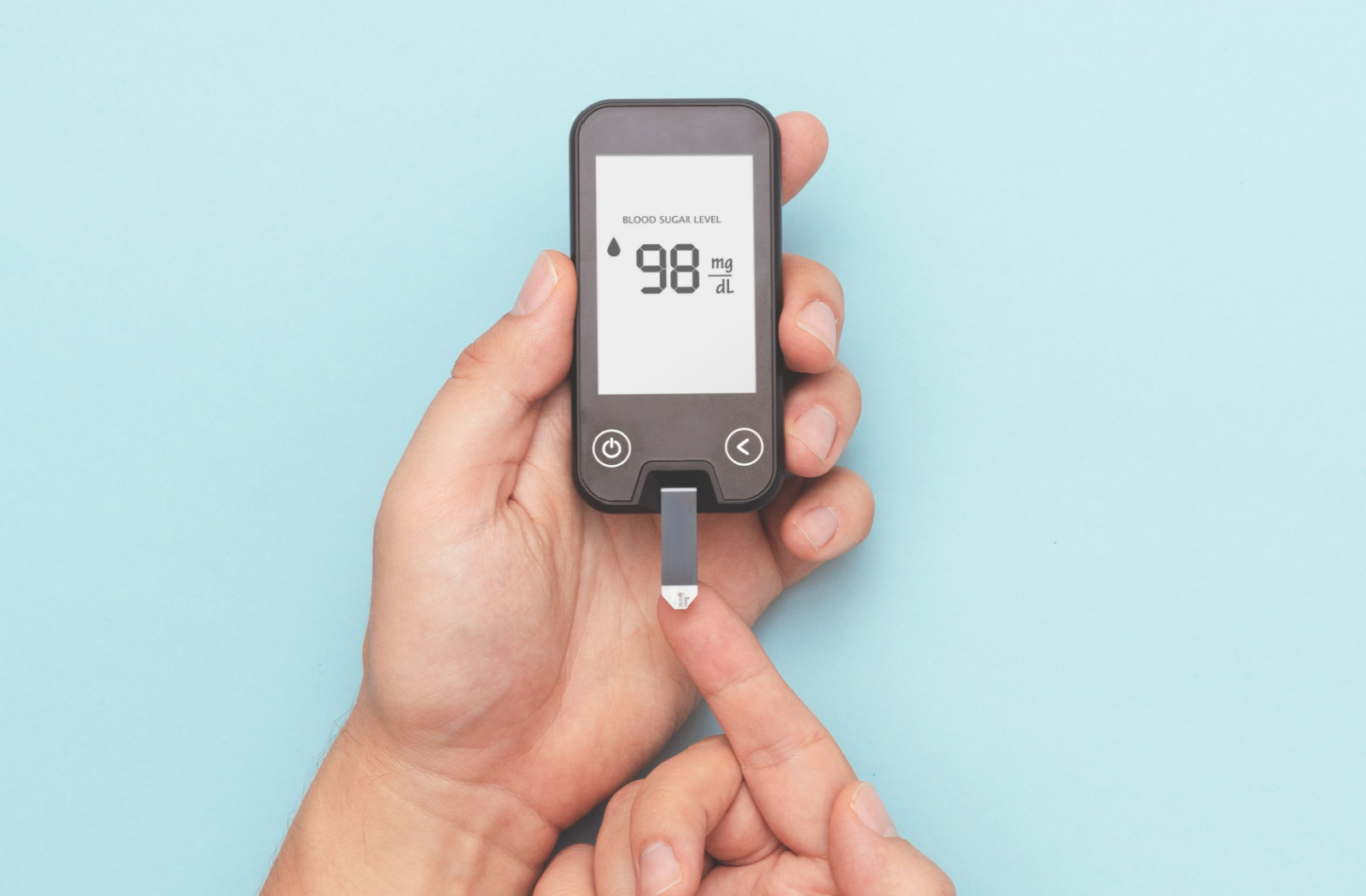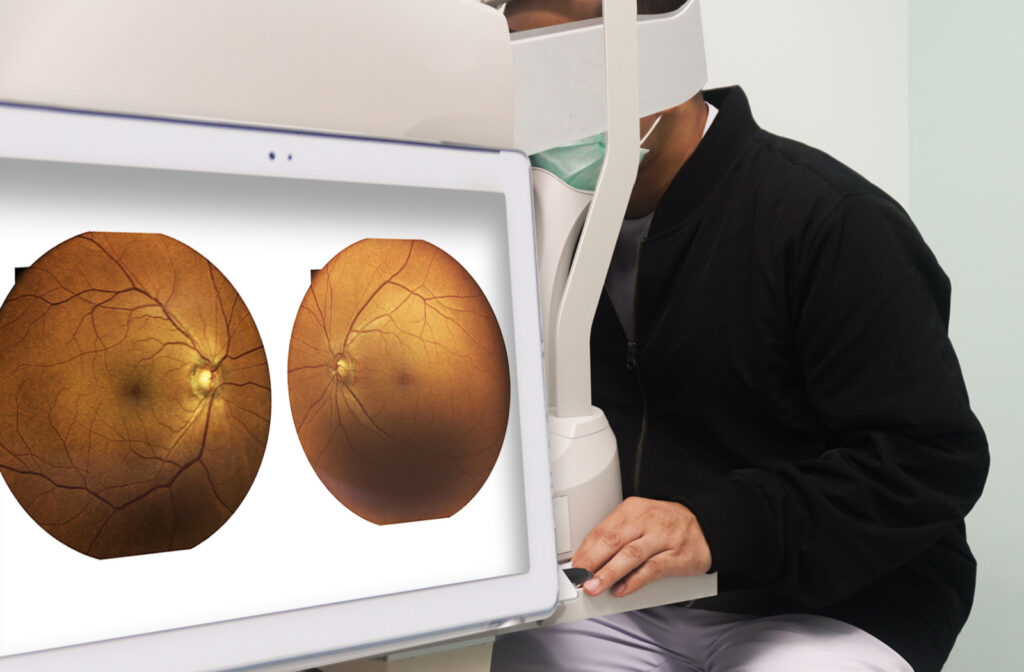If you or someone you know is living with diabetes, chances are that diabetic eye problems have become a reality. While your primary care provider may discuss the how-tos of managing your condition, they may not have addressed whether these eye issues can be reversed. Early detection and intervention can prevent vision loss and even reverse some of the damage caused by the disease.
With new studies coming out every day and emerging treatments available for diabetics, this post seeks to provide readers with an understanding of what can be done to improve their sight through eye exams. We delve into various approaches so people can make more informed decisions about their healthcare journey without compromising long-term health or vision outcomes.
Overview of Diabetic Eye Problems & How They Develop
When it comes to diabetes, it is not just blood sugar levels that need careful monitoring. Eye problems are common among people with diabetes and can be a cause for concern if left unchecked.
Diabetic eye problems, also known as diabetic retinopathy, occur when the tiny blood vessels in the retina become damaged due to high blood sugar levels. As this damage progresses, it can ultimately lead to vision loss if left untreated.
Fortunately, regular eye exams and proper diabetes management can minimize the risk of developing these complications. With advancements in modern medicine, a variety of treatment options are available to help preserve and improve vision in those with diabetic eye problems.
So, if you or a loved one are living with diabetes, it is essential to stay informed about the potential risks and to seek proper care from a compassionate healthcare provider.
Diagnosis & Treatment Options
There are several types of diabetic eye problems, including:
- Diabetic retinopathy
- Diabetic macular edema
- Cataracts
- Open-Angle Glaucoma
- Neovascular Glaucoma
- Retinal Detachment
Early diagnosis and treatment of these issues are crucial for preserving good vision. Thankfully, there are a variety of treatment options available, including:
- Medications: In the form of injections, either corticosteroid or anti-VEGF shots.
- Laser therapy: Lasers are used to shrink blood vessels and stop them from leaking.
- Surgery: If your retina is bleeding or you have a lot of scars in your eye, you may require a type of surgery called a vitrectomy.
These treatments depend on the severity of the condition. While managing diabetes can be challenging at times, taking care of your eyes is essential in maintaining overall health and quality of life.
Common Symptoms of Diabetic Eye Problems
It’s vital that you’re aware of the common symptoms of diabetic eye problems. High levels of blood sugar can cause damage to your eyes over time and may result in diabetic retinopathy or other conditions. Some of the symptoms to look out for include:
- Blurry vision
- Flashes of light
- Dark spots
- Floating specks
- Trouble reading
- Trouble seeing far away
- Cobweb-like streaks
- Complete loss of vision
It’s important to remember that early detection can make a significant difference in treating these eye problems. If you experience any of these symptoms, see an eye doctor as soon as possible to receive the appropriate care and treatment.
Foods to Eat & Avoid to Help Maintain Healthy Blood Sugar Levels
Maintaining healthy blood sugar levels is crucial for overall health and energy levels. Many foods help stabilize low blood sugar levels, while others can spike it up rapidly.
Foods such as complex carbohydrates, lean proteins, and healthy fats can be immensely beneficial in stabilizing blood sugar levels. In contrast, processed foods, sugary items, and refined carbohydrates can wreak havoc on them.
By making simple changes to your diet and incorporating healthier options, you can maintain optimal blood sugar levels and feel your best.

Steps to Take If Diabetic Retinopathy Is Detected Early Enough
If you have been diagnosed or suspect you may have diabetic retinopathy, the first step is to schedule an appointment with your eye doctor as soon as possible. They can perform a comprehensive dilated eye exam and measure your eye pressure to determine the severity of the condition.
From there, they can work with you to create a treatment plan that may include medications, laser therapy, or surgery. Early detection and intervention can prevent vision loss and even reverse some of the damage caused by the disease. If detected early enough, it is possible to prevent severe vision loss in 90% of patients.
Remember, taking care of your eyes is an integral part of managing diabetes, and by being proactive about your health, there is the potential that you can maintain your quality of life for years to come.
Prevention Strategies to Help Reverse Diabetic Eye Problems
As our understanding of diabetes and its effects on the body expands, it’s become clear that the eyes are a particularly vulnerable area. Diabetic retinopathy, for example, is a condition that can cause severe vision loss or even blindness. But the good news is that there are prevention strategies that can make a real difference.
Maintaining control over blood sugar levels and blood pressure, staying active, and incorporating eye exams into regular medical care can help your eyes remain healthy and avoid the worst effects of diabetic eye problems.
Awareness and taking action can make all the difference for those affected by diabetes, and with the right strategies in place, we can take a step towards reversing the effects of this condition.
Benefits of Regular Eye Exams for People Living with Diabetes
As a progressive and knowledgeable society, it’s crucial that we prioritize our health and well-being. This is especially true for those living with diabetes, who require regular check-ins with their healthcare professionals to make sure that their eyes and bodies are healthy and functioning correctly.
By scheduling routine eye exams, people with diabetes can help prevent potential eye problems or complications. Early detection is key in managing any health issue, and eye exams are no exception. Plus, with advancements in technology, routine eye exams are quick, easy, and painless.
In addition to taking preventive measures, regular eye exams also allow for early detection of any abnormalities or issues that may require treatment or further monitoring. This could be the difference between long-term vision preservation and permanent damage.
The Next Step
At Signature Eye Care, we understand the importance of healthy eyes and are here to help you stay on top of your vision care plan. Contact us today if you want specialist advice tailored to your needs or want to get tested for diabetic retinopathy. Together, let’s work towards building total vision health!



